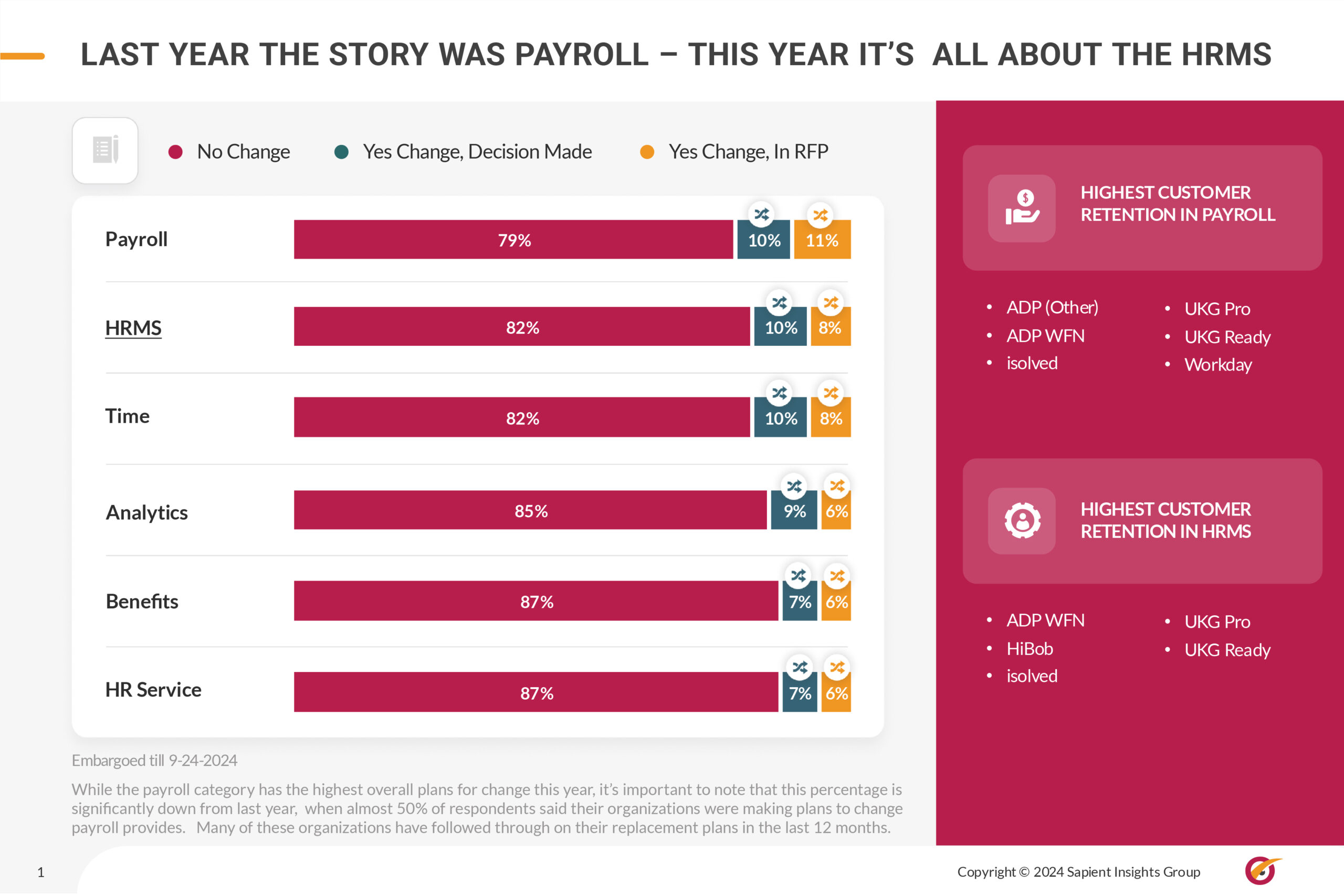HRM Five: Encouraging a culture of transparency
- Yamini Chinnuswamy
- Topics: Asia-Pacific, Employee Experience, Features, HRM Five

Nobody likes to be left in the dark. In fact, honesty and open communication are probably the most important features of any healthy relationship. Which is why, if you’re trying to build a positive workplace culture, it’s probably a good idea to consider how much transparency is valued and practice within your organisation. All the snooker tables and snack bars in the world will be meaningless to the workplace vibe if employees like they can neither practice nor expect honest discourse within the company.
Here are HRM Magazine Asia’s tips for building a culture of transparency.
1. Enable information sharing
Shareable calendars, Slack forums, Yammer — these are all tools that will help your employees keep in touch with each other, across office departments/floors/locations. Of course, some information should remain restricted or classified — but shared calendars make it easier to schedule meetings, while Slack groups or Yammer will help employees have a larger view of what’s going on in the organisation.
2. Keep everyone updated
Are there big changes happening in the company? Tell your employees as soon as you are able. Sometimes, such announcements can be sensitive, and cause more harm than good. But you also don’t want people finding out from customers or peers outside of work that the business is being sold off.
This also applies to small changes, for instance, if someone was promoted, or executed a fantastic project everyone should know about? Internal newsletters are a fantastic way to keep everyone on the same page.
3. Listen to employees
Tools Yammer and Slack are great for employees to talk among themselves, but they’re even better if you also use them to find out what employees are thinking about — what concerns and thoughts they have about how the business is run, and how it could be made even better. These sorts of tools can act like forums where there can be discussion and debate, and help employees feel more invested in what’s going on in the organisation.
4. Take feedback seriously
No one likes to feel that their ideas and suggestions are flowing out into a void. Likewise, if people feel like their comments and constructive criticism are not taken seriously, they are going to have trust issues, and be more reluctant to speak honestly in the future. Follow up on every idea. Implement the ones that are feasible, and talk through the ones that aren’t.
5. Give feedback regularly
Communication is a two-way street. If there are gaps in the performance of an employee or a team, they need to know so that they can work with their managers to make things better. Encourage your leaders and managers to keep their teams and direct reports engaged, and provide them the tools and training to ensure that the dialogue is constant and constructive.
Yamini Chinnuswamy offers five important points on everything you wanted to know about HR practices today, but were too afraid to ask. Check out previous editions of HRM Five here.






